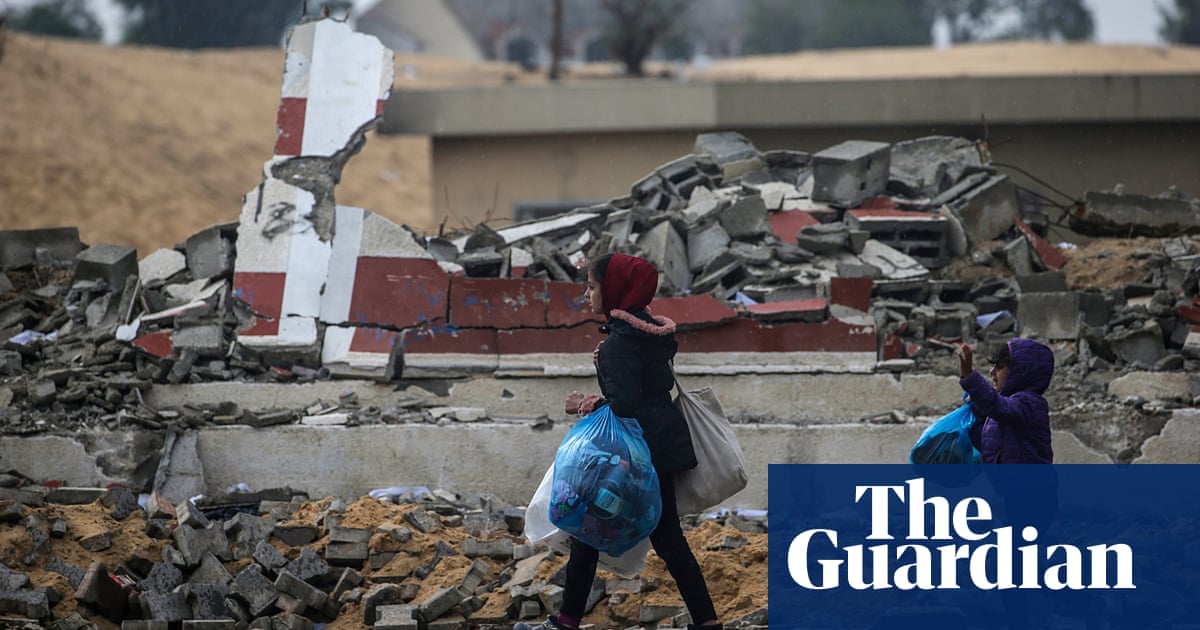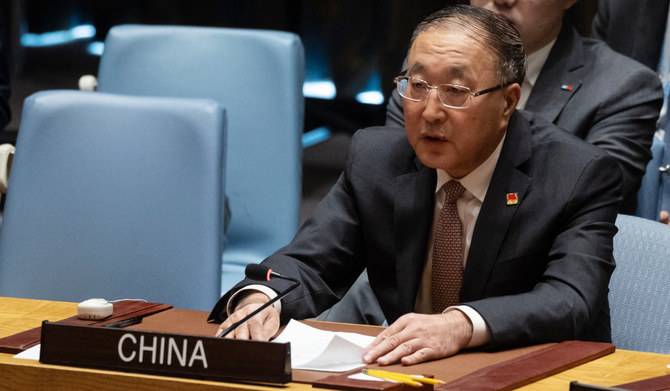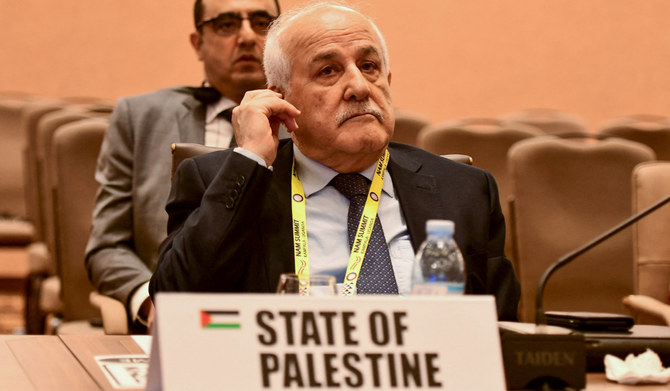
Keir Starmer is under growing pressure to call for a ceasefire between Israel and Hamas after two of Labour’s most senior Muslim politicians said doing so was the best way to prevent further unnecessary deaths.
Anas Sarwar, the leader of Scottish Labour, said there should be an “immediate cessation of violence” with conditions attached. Hours earlier, Sadiq Khan, the mayor of London, said a ceasefire was vital to avoid a “substantial military escalation”.
The interventions were not believed to be coordinated, but paved the way for other prominent Labour politicians to openly support the move for a de-escalation in Gaza.
Among others who put themselves at odds with the Labour leadership’s position on Friday were Andy Burnham, the mayor of Greater Manchester.
Starmer has resisted calls from many Labour MPs – including several frontbenchers – to support a ceasefire.
Sarwar backed such a move with conditions, including an end to rocket exchanges and the release of all hostages taken by Hamas on 7 October.
“We need a proper peace process, because sadly right now there is no peace and there is no process. That’s the only way we can see a safe, secure and free Palestine, and a safe, secure and free Israel,” Sarwar said in a video posted on X, formerly known as Twitter.
He said withholding essential supplies such as food, water and medicine was a breach of international law, and added: “These are dark times.”
Earlier on Friday, Khan released a video saying he wanted to “join the international community in calling for a ceasefire”.
Calls to back a total ceasefire have been resisted by the UK government and the US, both of which instead support temporary pauses that are time- and location-specific to allow aid to reach those most in need. Labour has mirrored the Foreign Office’s approach, seeking to show cross-party alignment.
Khan said Israel had a right to defend itself, target those responsible for what he called the terror attack on 7 October and seek to free hostages, but added: “No nation, including Israel, has the right to break international law.”
Hundreds of Labour councillors and nearly a quarter of MPs, including two on the party’s frontbench, have supported a ceasefire.
Criticising Khan, Ian Austin, an independent peer who is the prime minister’s trade envoy to Israel, tweeted on Friday: “Sadiq Khan can’t stop kids killing each other on the streets of London, yet thinks he can provide useful advice on the most complicated and difficult conflict in the world.”
Although some Labour frontbenchers are said to have been on “resignation watch” since Starmer inflamed tempers with comments on LBC radio two weeks ago, party insiders suggested there may be no need for people to quit to speak out.
Khan and Sarwar’s interventions have given cover to frontbench MPs to make veiled criticisms of the party’s national policy, according to several sources.
Rushanara Ali, the shadow small business minister, said on Friday evening that there was a “grave danger of the war in Gaza spreading throughout the region” and called for countries to “support an immediate, internationally supported humanitarian ceasefire”.
The Labour leadership has sought to show that it is relaxed about the slew of politicians breaking ranks. Those around Starmer believe the considerations of Sarwar, Khan and Burnham differ from his. They stressed privately that Starmer would stick to the UK government’s position and maintain a more nuanced position instead of issuing “soundbites”.
However, unhappiness remains at senior levels within the parliamentary party.
One shadow cabinet source said: “They either need to change position or allow people to break ranks, otherwise at some point there will be resignations. The current situation is not sustainable: everyone wants to win, but some people believe they are in serious danger of losing their seat in the process.”
A Labour party spokesperson said: “We understand why people want to call for a ceasefire … The Palestinian people are not Hamas, and they are suffering terribly.”
The spokesperson reiterated Labour’s support for “humanitarian pauses” to allow aid, fuel, water, electricity and medicines to reach those in need.
They added that Israel had “a right and a duty to defend itself, rescue the hostages and stop Hamas from being able to carry out that sort of terrorist attack ever again”, so long as all action was taken within the confines of international law.
Gillian Keegan, the education secretary, explained on Friday why the government was resisting supporting a total ceasefire. She said the UK did not want to “cross that line of telling Israel it has anything but the right to defend itself”.
She went on: “Hamas have created this situation and Hamas are now embedding themselves in the Palestinian population.”












